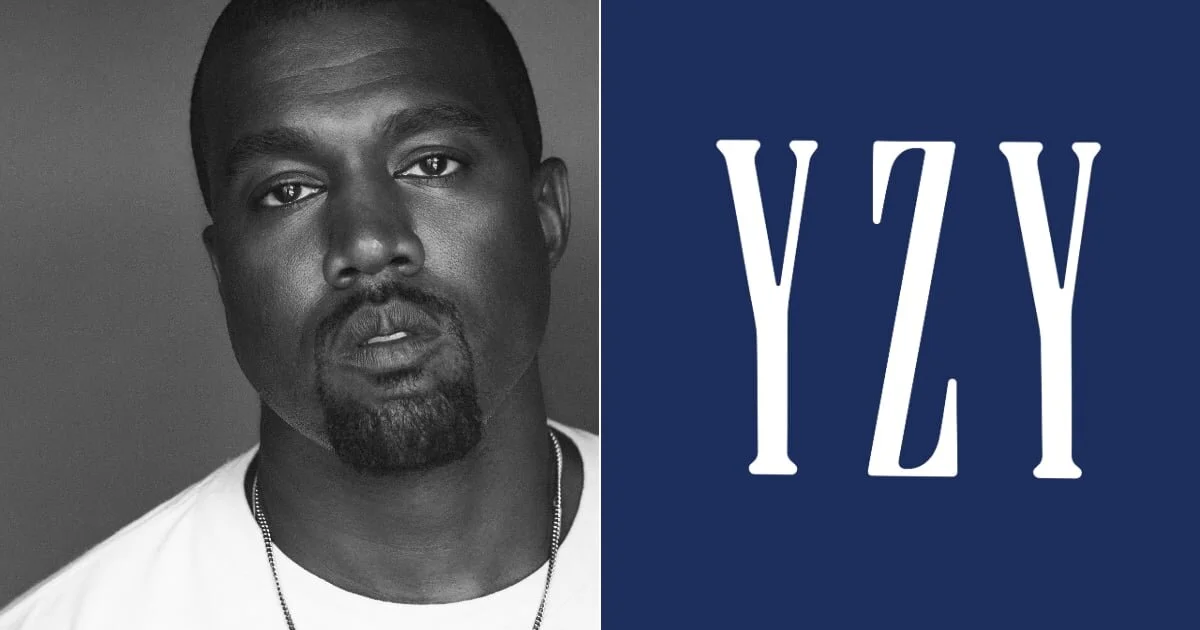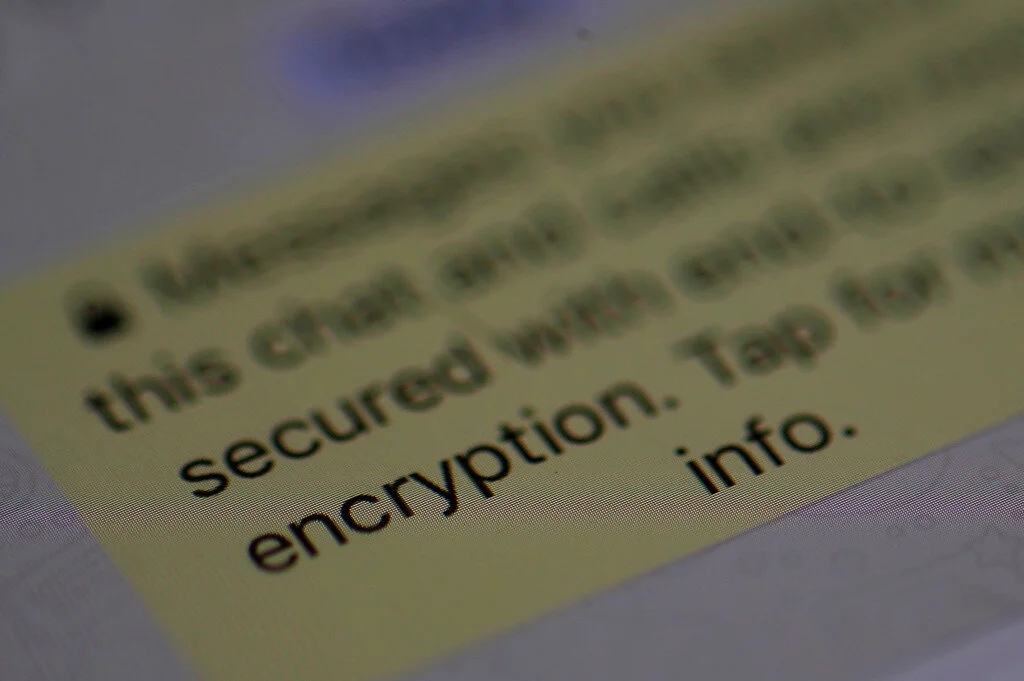Be Cautious: Privacy Concerns on Social Media Apps

5 Rising Social Media Platforms to Watch
Social media apps have become a staple of our modern world, and any user of the major social media apps can tell you that each of them fulfill a unique role. Facebook is for graduation pictures and birthday messages, Instagram is for taking edited pictures in trendy locations, Twitter is for conveying thoughts in quick messages, and TikTok is for creating short engaging videos.
Despite its ubiquitous usage, TikTok has recently come under much scrutiny by leaders around the world. TikTok is owned by Chinese technology company ByteDance, and the app’s close relationship with China has alarmed many leaders who are concerned about national security and data privacy.
On July 5, The Indian government announced a ban on TikTok, citing data security concerns. However, India’s TikTok ban has come right after Indian and Chinese troops were involved in a confrontation that left 20 Indian troops dead. For this reason, it appears that the ban of TikTok is a retaliatory measure rather than a preventative one.
Following India’s announcement, many government officials around the world, including U.S. Secretary of State Mike Pompeo, commended the move and announced that they would be looking into the potential of banning TikTok as well. While TikTok is owned by Chinese technology firm ByteDance, it operates independently in the U.S. with offices in Los Angeles and New York.
TikTok user data is stored, but the data center is located in Ashburn, Virginia, with a backup server in Singapore. TikTok representatives have insisted that user data has never been sent to China, with CEO Kevin Mayer recently penning an official letter to the government of India affirming that user data has never been sent to China, and avowing to refuse to send data if the Chinese government ever requested it.
This criticism comes just as numerous high-profile Twitter accounts were hacked, including the likes of Barack Obama, Mark Zuckerberg, Elon Musk, and Bill Gates. In the hack, their accounts requested that their followers donate money to them using Bitcoin. This leads to a fear that if the accounts of public figures with presumably high levels of security can be hacked, then it is possible for everyone else’s data to be hacked and stolen.
As the world grapples with the implications of using large social media accounts to create personal data, it appears that governments have begun using these services as pawns in political dealings. Even if TikTok is not handing over user information to the Chinese government, many of China’s antagonists may choose to cut access to the app as a punitive response to China’s detainment of Uighurs or their trammeling of Hong Kong’s autonomy.
In a world where developed countries are hesitant to resort to total war, we can continue to expect that countries will use social media as a battleground in the battle for geopolitical dominance.






























